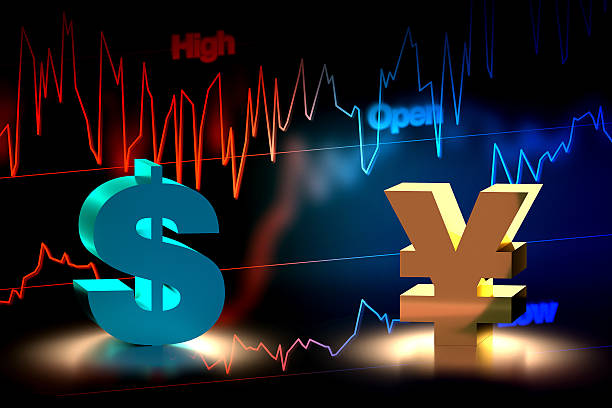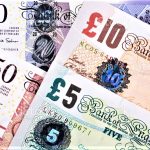Japanese yen falls as a result of cautious statements from Bank of Japan policymaker Himino.
The Japanese yen (JPY) remains weak against the US dollar (USD) early Wednesday. The USDJPY pair holding onto recovery gains, thanks to cautious comments from Bank of Japan (BoJ) Deputy Governor Ryozo Himino. Who stated that “BoJ will adjust the degree of monetary accommodation if it has growing confidence. That its outlook for economic activity and prices will be realized.”
However, diverging policy outlooks between the Bank of Japan. And the Federal Reserve (Fed) could limit the USDJPY pair’s rise.
The JPY fall may be limited as traders expect the BoJ to raise interest rates further.
The JPY’s downside might be capped by the hawkish atmosphere around the BoJ. Which is on pace to raise interest rates even more. Meanwhile, Fed Chairman Jerome Powell said at the Jackson Hole Symposium that “the time has come for policy to adjust.” Powell did not, however, define the timeframe or magnitude of any future rate changes.
Additionally, San Francisco Federal Reserve President Mary Daly stated in a Bloomberg TV interview on Monday that “the time is upon us” to begin lowering interest rates, most likely with a quarter-point decrease.
According to the CME FedWatch Tool, markets are fully anticipating at least a 25 basis point (bps) rate drop by the Fed during the September meeting.
Daily Market Movers: Japanese Yen loses momentum following BoJ remark.
Shunichi Suzuki, Japan’s Finance Minister, noted on Tuesday that monetary policies, interest rate differentials, geopolitical threats, and market sentiment all have an impact on foreign exchange prices. Suzuki stated that it is difficult to foresee how these factors may affect foreign exchange rates.
US Durable Goods Orders increased by 9.9% month on month in July, rebounding from a 6.9% decrease in June. This increase much exceeded the predicted 4.0% increase, marking the highest gain since May 2020.
Bloomberg reported on Friday that Philadelphia Fed President Patrick Harker stressed the need for the US central bank to gradually reduce interest rates. Meanwhile, Reuters reported that Chicago Federal Reserve President Austan Goolsbee Monetary policy is currently at its most restrictive, with the Fed focusing on meeting its employment mandate.
Governor Kazuo Ueda of the Bank of Japan (BoJ) told the Japanese parliament on Friday that he is “not considering selling long-term Japanese government bonds (JGBs) as a tool for adjusting interest rates.” He stated that any reduction in JGB purchases would only account for 7-8% of the balance sheet, which is a negligible decrease. Ueda went on to say. That if the economy performs as expected. There may be a period in which interest rates are raise somewhat.
Japan’s National Consumer Price Index climbed by 2.8% year on year.
In July, Japan’s National Consumer Price Index climbed by 2.8% year on year, keeping the same rate for the third consecutive month and remaining at its highest level since February. Additionally, the National CPI excluding Fresh Food increased by 2.7%, the highest reading since February, in line with predictions.
The US Composite PMI fell to 54.1 in August, a four-month low, from 54.3 in July, but it still above market estimates of 53.5. This demonstrates sustained expansion in US business activity, with 19 consecutive months of growth.
According to the FOMC minutes from July’s policy meeting, most Fed members agreed last month that they would likely lower their benchmark interest rate at the September meeting as long as inflation remained low.https://voiceoftraders.com/analysis/gold-climb-near-all-time-high-amid-geopolitical-uncertainties-and-fed-rate-cut-predictions









